News and Stories
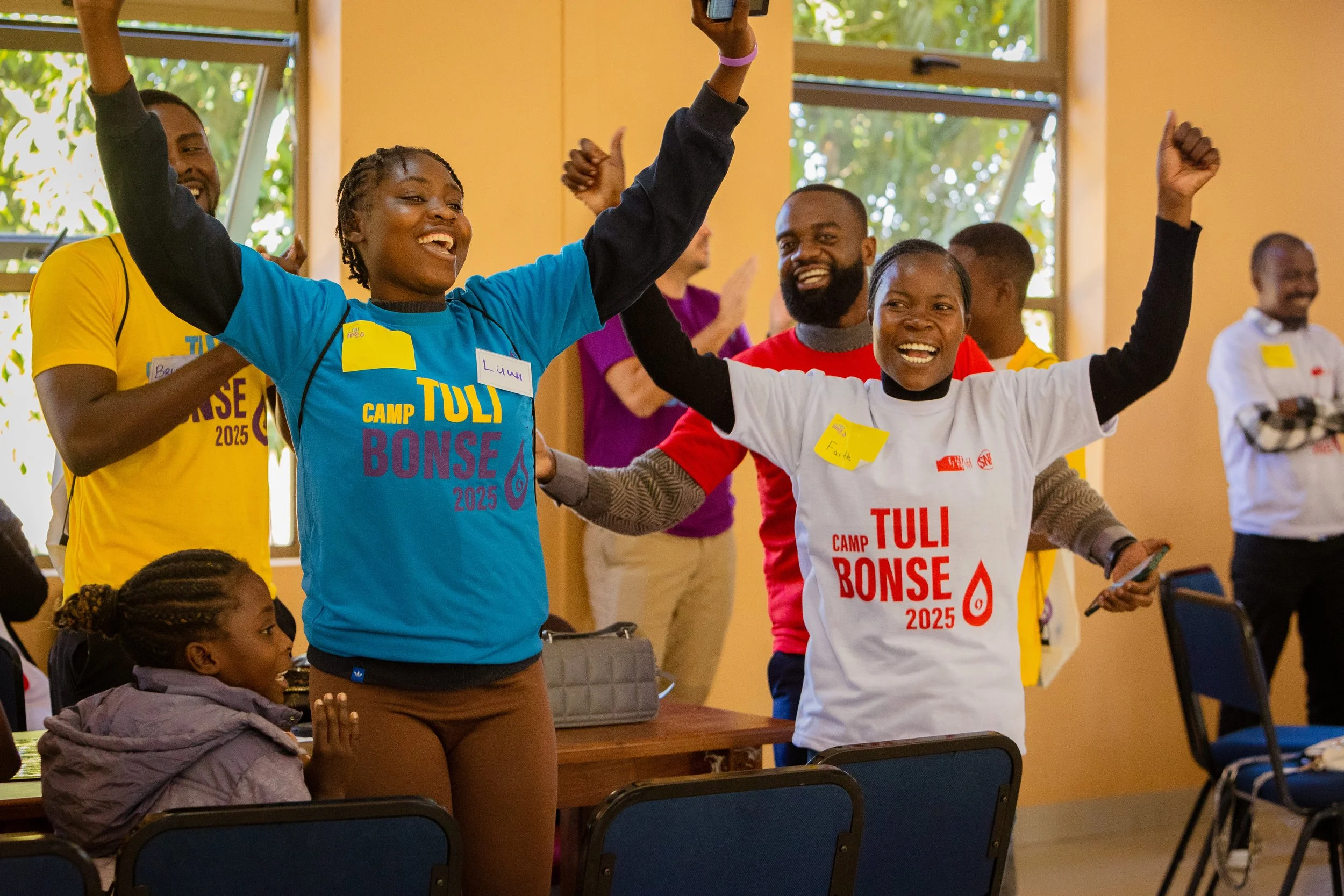
Peer Support a Growing Focus of Noncommunicable Disease Care
With peer support having proved to be a key component of PEN-Plus care, the NCDI Poverty Network is developing an integrated training program for peer educators. “We’ve seen beautiful examples of young people who are unafraid to speak boldly about their condition, to be advocates, to be champions,” said Dr. Colin Pfaff, the Network’s associate director of programs. “They are living successful lives and are examples to others, which has such a powerful impact.”
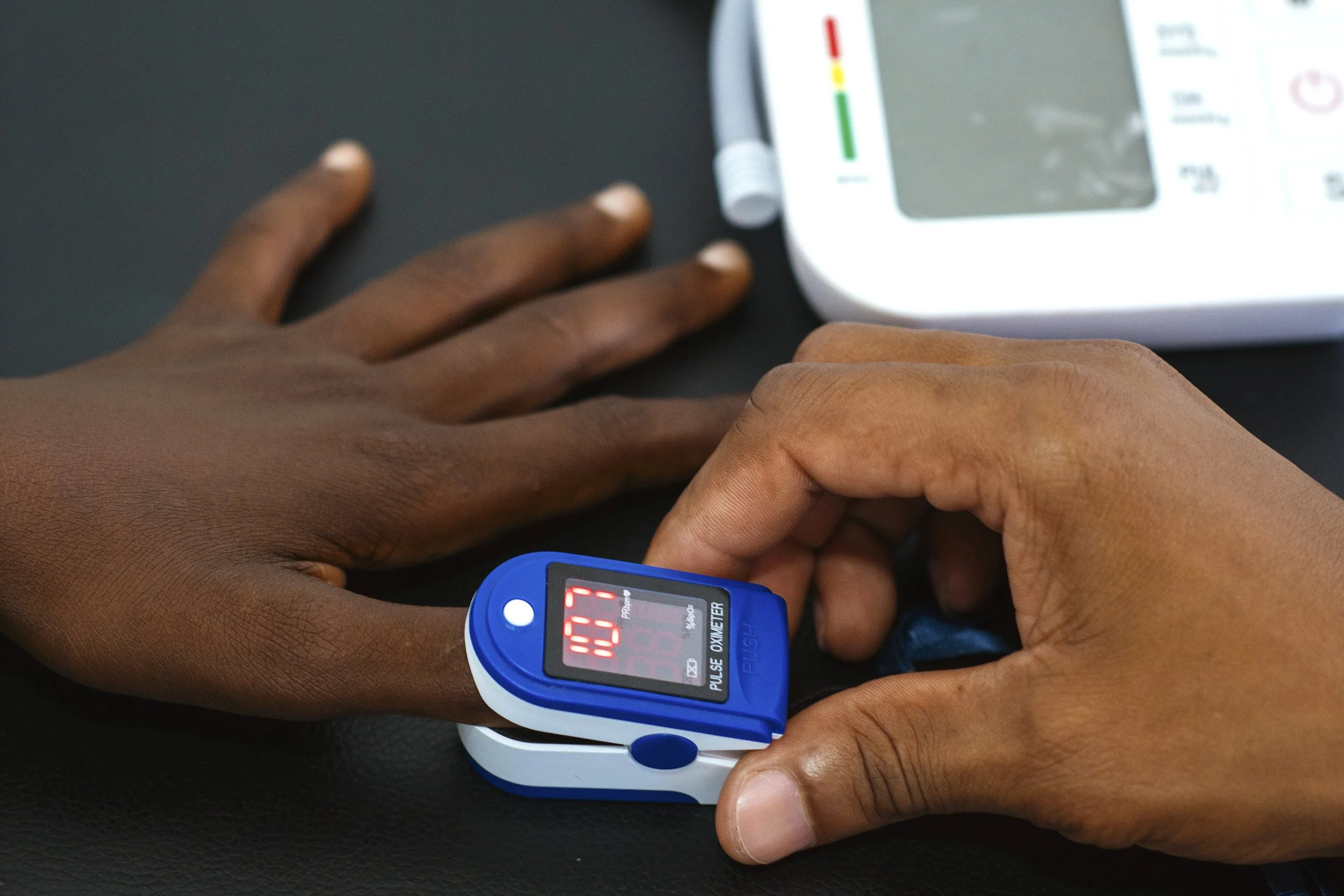
Type 1 Diabetes Study in Liberia Shows Value of Patient Education and Peer Support
A recently published study found that patient education and peer support helped people living with type 1 diabetes in rural Liberia manage their disease. “Their extra barriers to health,” said Dr. Alma Adler, the Network’s research director, “make it even more critical for patients in low-resource settings to gain both problem-solving skills and a strong clinical understanding of their condition.”
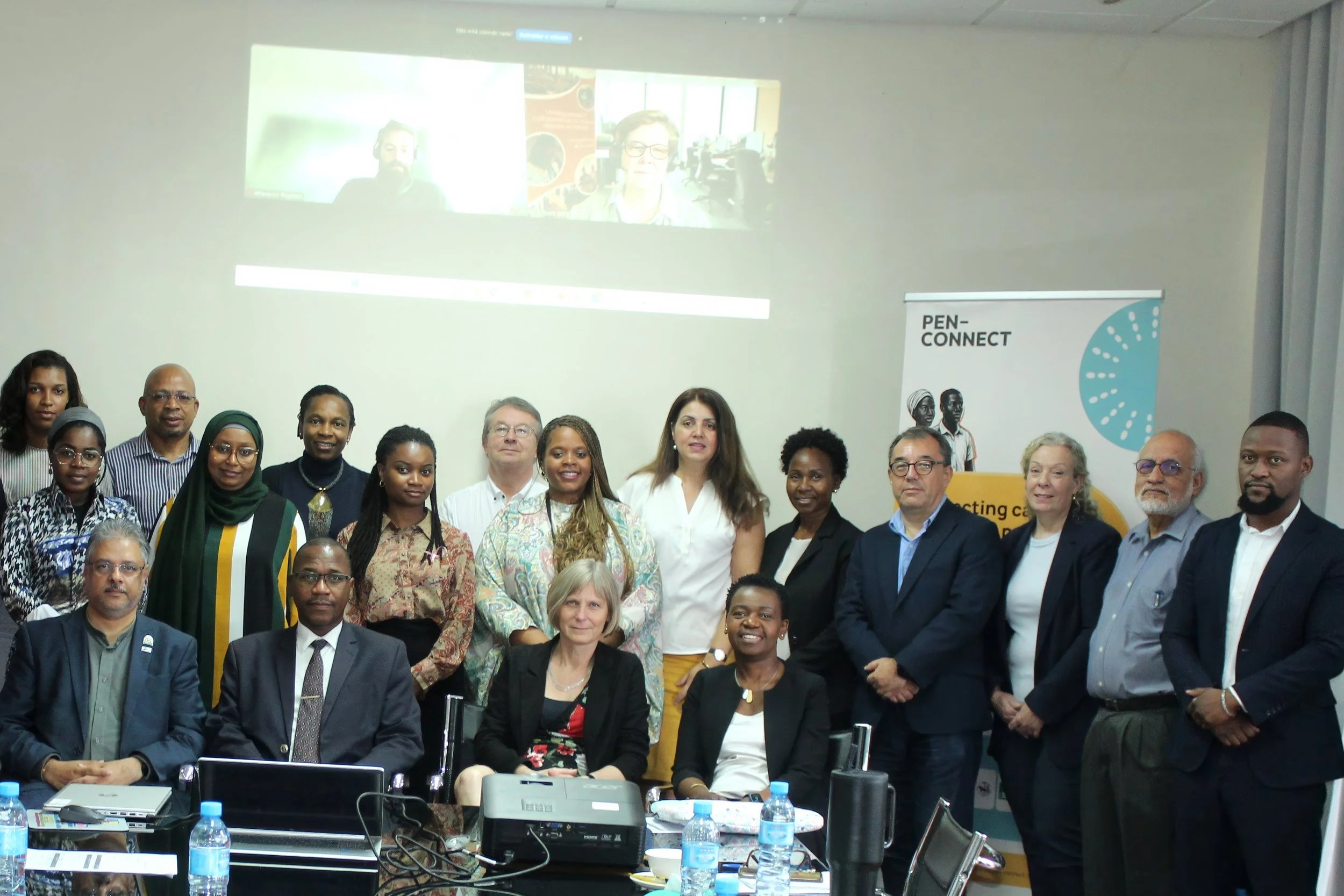
PEN-CONNECT Launches in Maputo
A new initiative to strengthen global collaboration and research on NCD care in low- and middle-income countries marks “an important milestone for scientific cooperation between Europe and Africa.”

Mozambique Hosts a Regional PEN-Plus Study Tour
The NCDI Poverty Network’s co-secretariat in Maputo, Mozambique, and the Southern Africa Regional Hub recently hosted a study tour to enable representatives from the Ministries of Health of Angola, Eswatini, and Lesotho to learn about PEN-Plus implementation.

African Health Leaders Call for a Greater Investment in Integrated Models of Care
Dr. Ana Mocumbi, co-chair of the NCDI Poverty Network, represented PEN-Plus at a high-level side event during the recent 75th session of the WHO Regional Committee for Africa. There delegates emphasized the urgent need for equitable access to prevention, screening, treatment, and rehabilitation across the continuum of care for people living with severe noncommunicable diseases.

Health Leaders Commit to Accelerating PEN-Plus in Africa
At the second International Conference for PEN-Plus in Africa, recently held in Abuja, health leaders, policymakers, and development partners across Africa renewed their commitment to an accelerated implementation of the PEN-Plus to significantly expand access to care for people living with severe noncommunicable diseases.

ICPPA Positions Nigeria as Leading PEN-Plus Advocate, Media Coverage Shows
The second International Conference on PEN-Plus in Africa positioned Nigeria as a leading advocate for PEN-Plus across the African continent, media coverage of the July conference showed.

Examining the Patient’s Entire Journey
The NCDI Poverty Network’s second study in a trio assessing 16 health facilities across nine countries in 2022–23, before PEN-Plus implementation, focuses on how providers deliver care, from screening and diagnosis through treatment and long-term support.

Study Shows Medicine and Equipment Gaps in Advance of PEN-Plus
A newly published study found that only two of 16 health facilities assessed in nine lower-income countries had all the functional equipment needed to diagnose and manage care for people living with type 1 diabetes. Two of the facilities had none of the necessary equipment.

WHO AFRO Publishes Landmark PEN-Plus Report
The WHO Regional Office for Africa recently published a landmark report that details the impact and momentum of the PEN-Plus model, providing a valuable tool for advocacy and information about integrated care for people living with severe, chronic noncommunicable diseases.
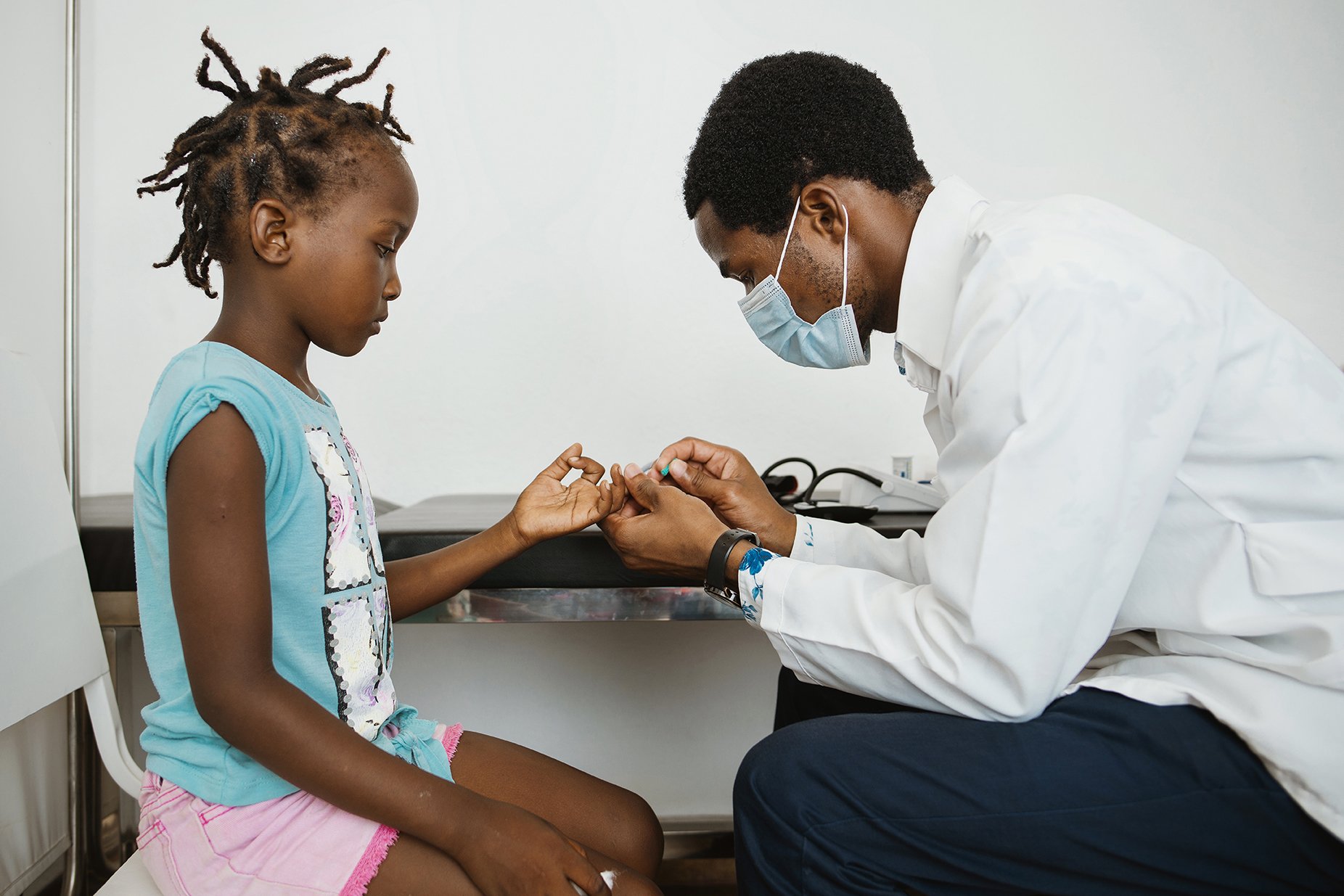
Mozambique Co-Secretariat Awarded a European Commission Grant to Assess PEN-Plus Implementation
An international partnership that includes the NCDI Poverty Network and its Mozambique co-secretariat, housed at Universidade Eduardo Mondlane in Maputo, received a 4-million-euro award from the European Commission to assess and support the implementation of PEN-Plus in Mozambique.
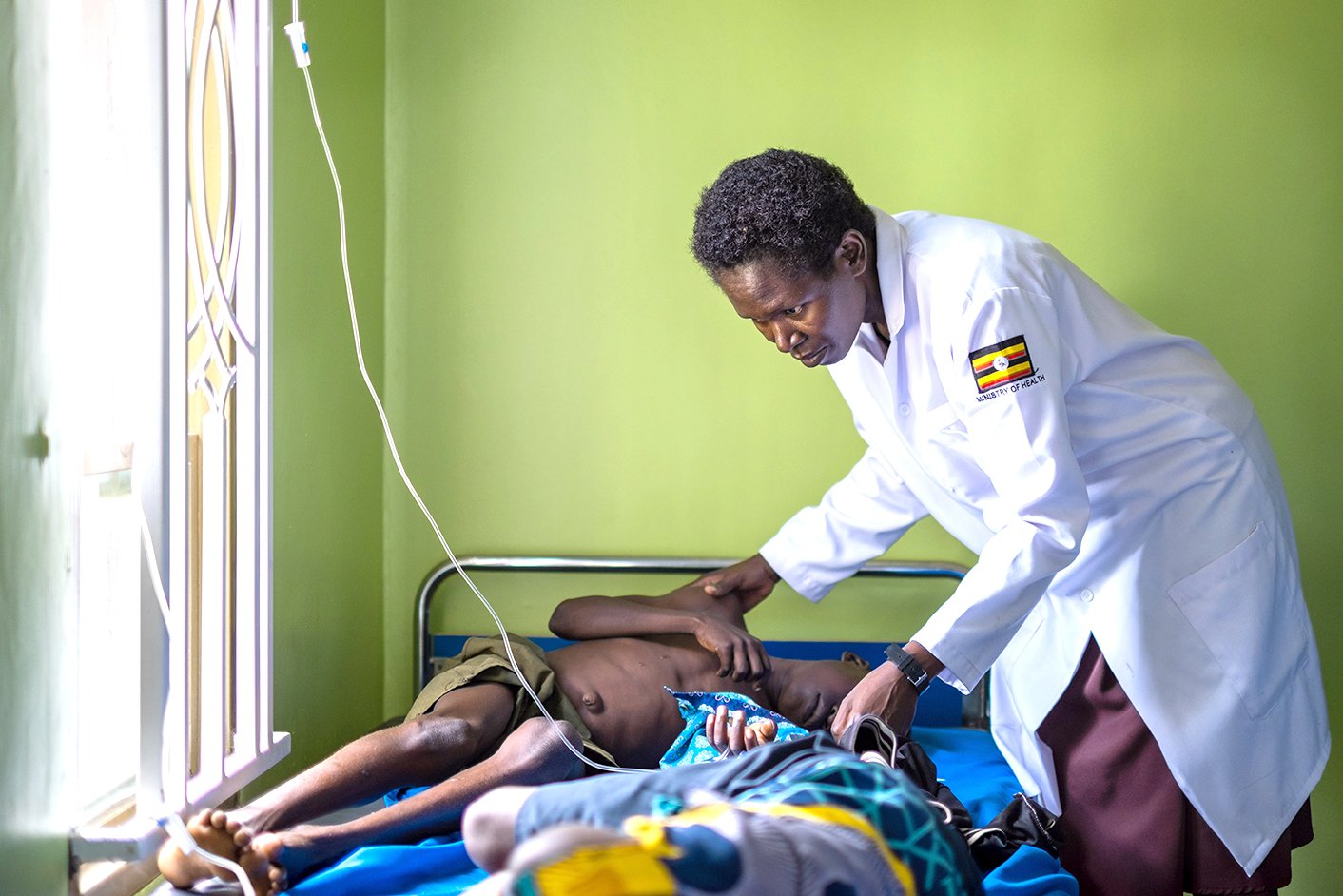
Research Team to Devote the Upcoming Year to Facility Assessments and Patient Studies
The research team at the Center for Integration Science in Global Health Equity has focused many of its most recent studies on the diverse aspects of PEN-Plus implementation and impact in sub-Saharan Africa and South Asia.
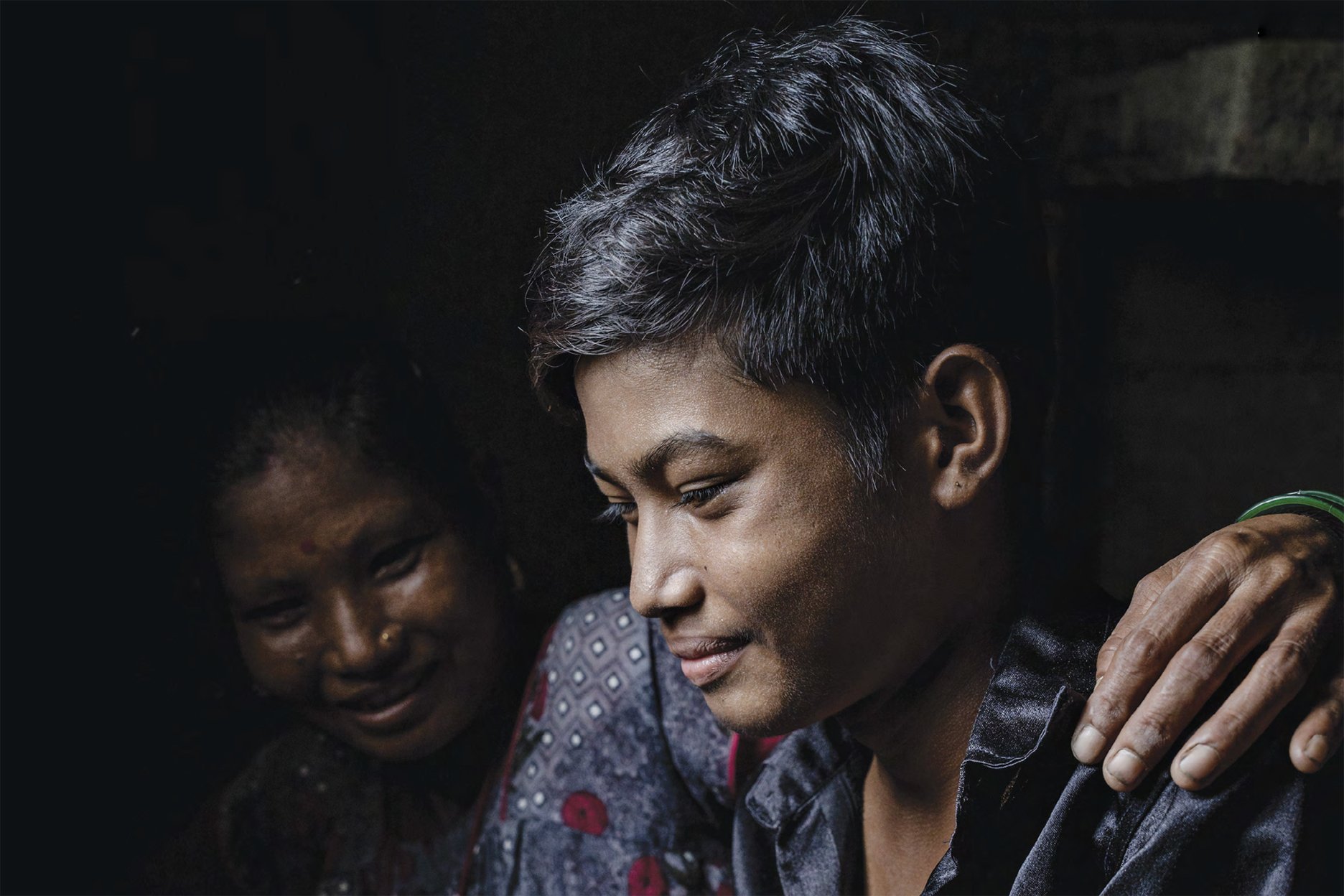
Network Joins UNICEF in Publishing Report on Childhood Noncommunicable Diseases
The NCDI Poverty Network—through one of its co-secretariats, the Center for Integration Science in Global Health Equity at Brigham and Women’s Hospital—has joined UNICEF in publishing a report on the burden on noncommunicable diseases on children, adolescents, and young adults in South Asia.

Testing a Model for Depression Care in Malawi
NCDI Poverty Network members joined other researchers in assessing a mental health intervention that was integrated into an existing model of chronic care in Malawi. They found that such interventions can be inexpensive if they build off an existing infrastructure, involve lay personnel, and deliver therapy in a group format.
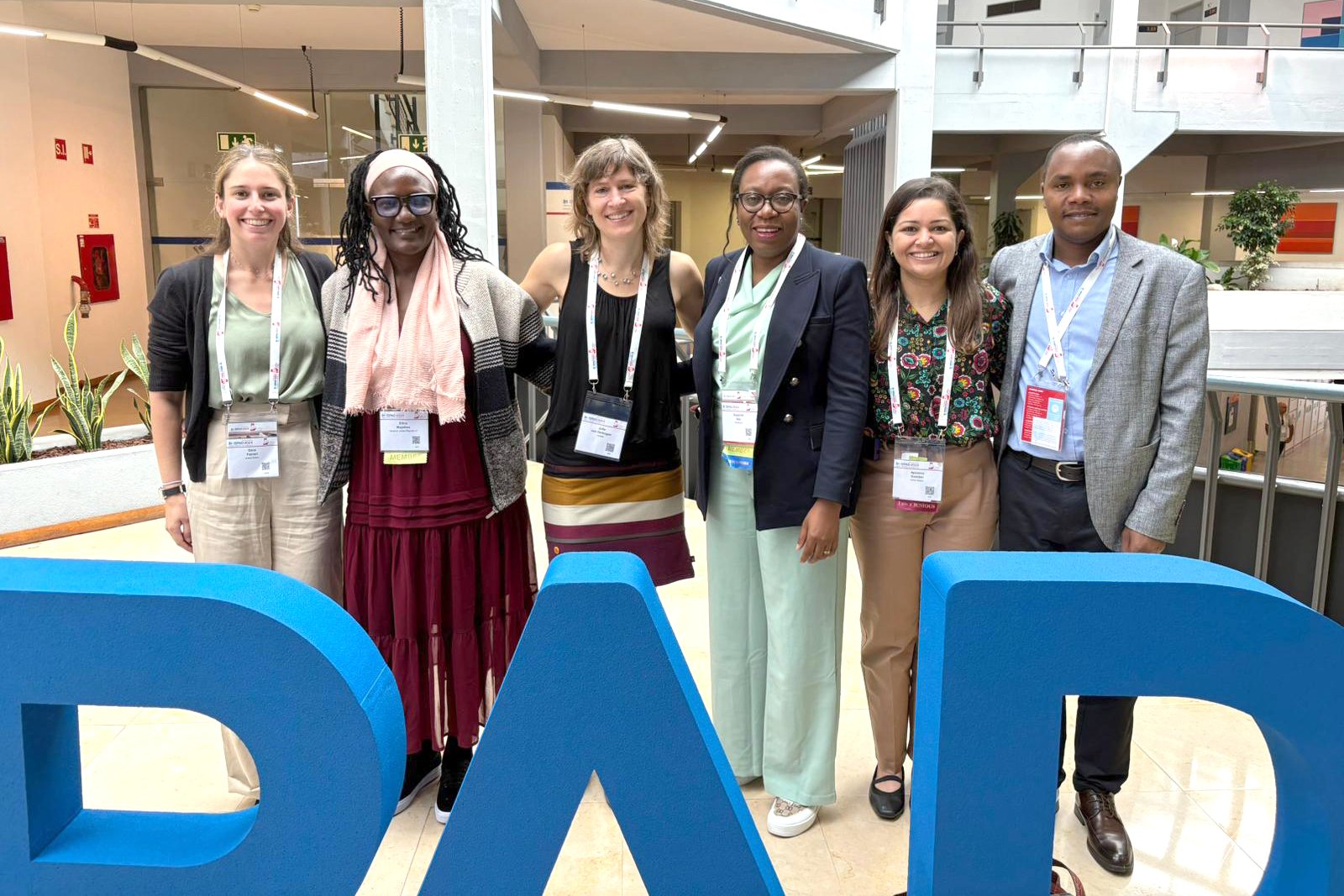
‘Nothing For Us, Without Us’
The International Society for Pediatric and Adolescent Diabetes meeting in October shined a spotlight on patient advocates as key stakeholders in developing guidelines for type 1 diabetes care globally.

Workshop Convenes All Eight Countries in UNICEF’s Regional Office for South Asia
In early June, delegations from all eight countries in UNICEF ROSA—the Regional Office for South Asia—convened in Kathmandu for a three-day workshop on severe childhood-onset noncommunicable diseases.

Challenging Assumptions for Low-Income Countries
A recently published study of people living with type 1 diabetes in two rural clinics in Malawi found a high level of acceptability and satisfaction among those using continuous glucose monitoring, suggesting that the technology is feasible in low-income settings.
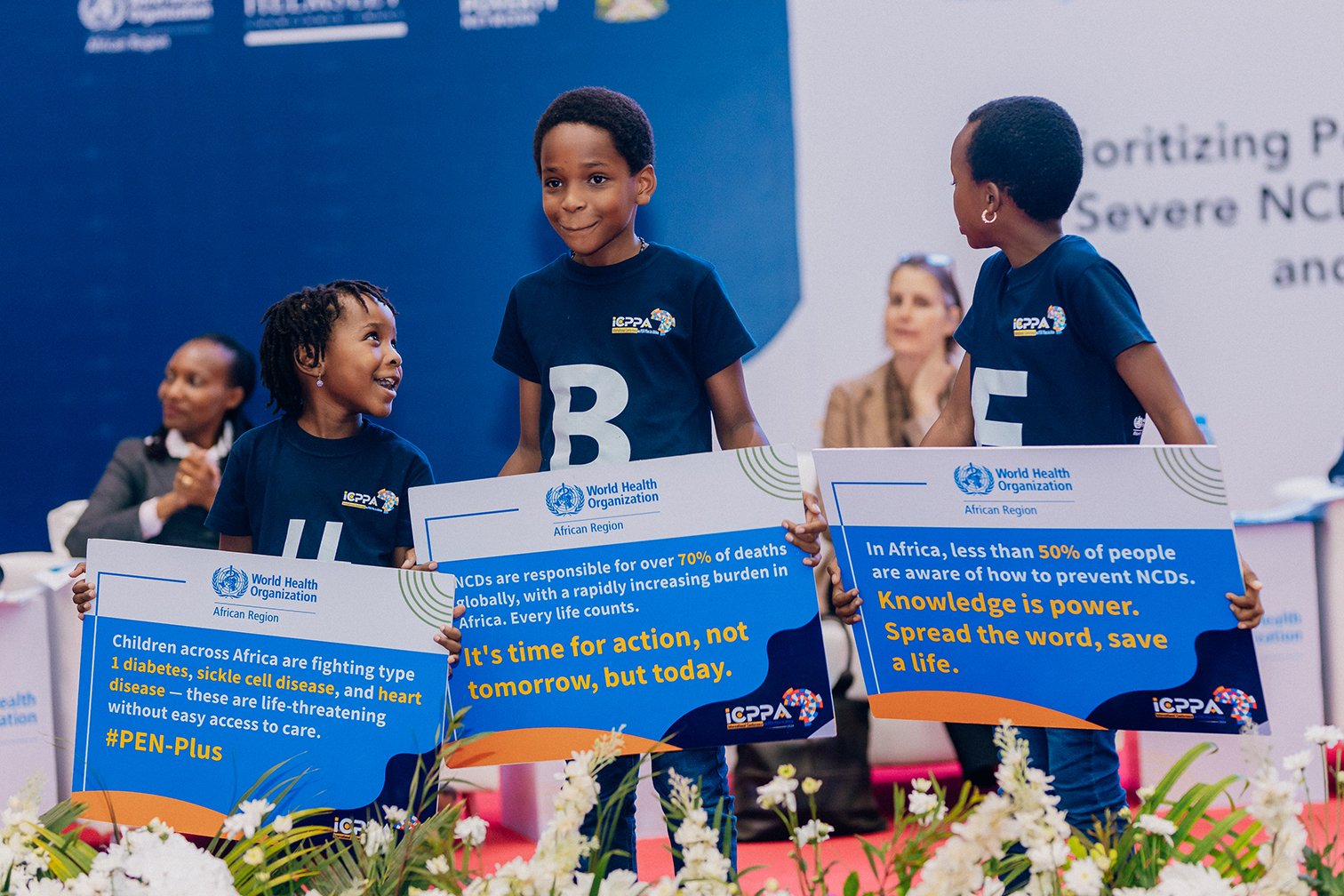
From Words to Action
The first International Conference on PEN-Plus in Africa provided a platform for health experts, policymakers, civil society organization representatives, donors, people living with noncommunicable diseases, and community advocates to expedite political and financial backing for PEN-Plus.

An Underpinning of Research
In advance of the International Conference on PEN-Plus in Africa, the NCDI Poverty Network team compiled research resources on PEN-Plus and other integrated-science healthcare delivery models.

Network Publishes Scoping Review of Sickle Cell Disease Care
NCDI Poverty Network researchers recently published a scoping review of models of care for people with sickle cell disease in low-income and lower-middle-income countries. Their findings confirmed the care limitations the Network has been seeking to overcome through the implementation of the PEN-Plus model.
